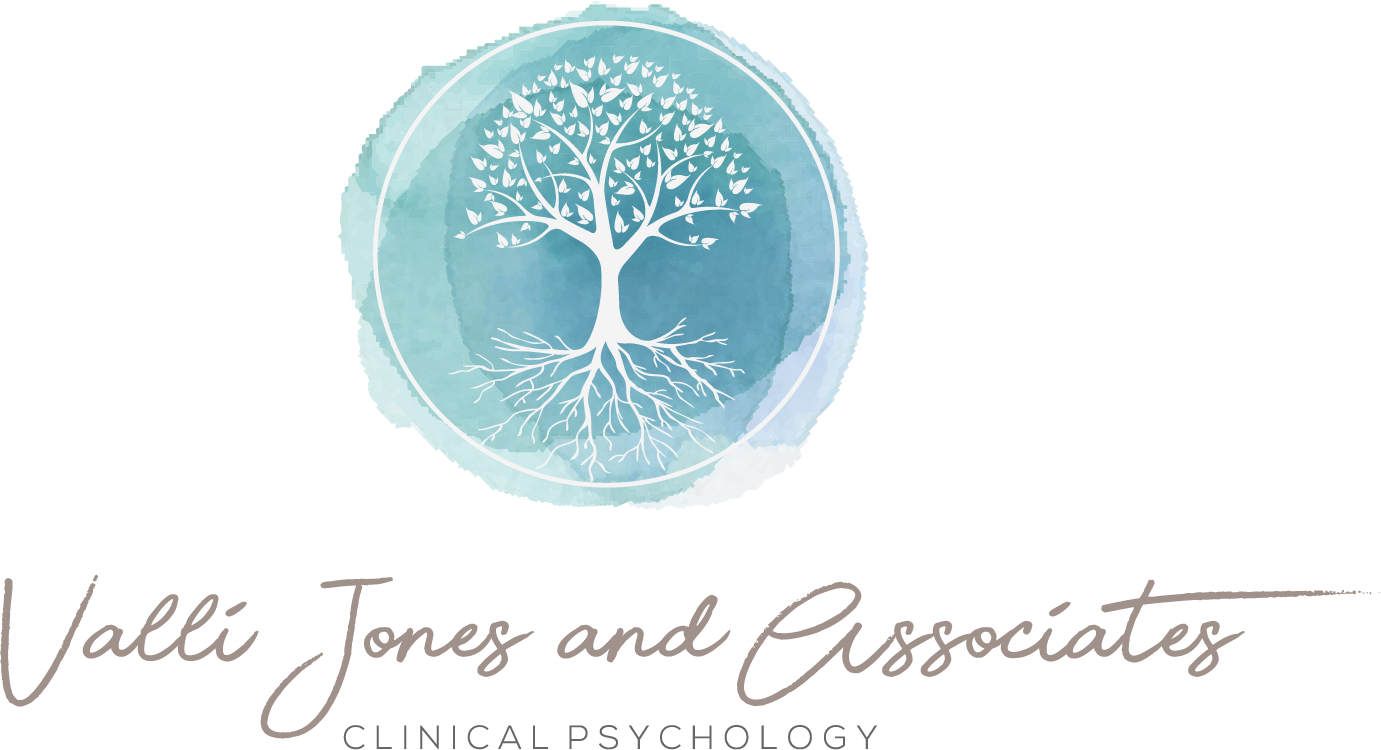What is a Cognitive Assessment?
Cognitive assessments, otherwise known as intelligence (IQ) tests, are used to gain a better understanding of a child’s learning capabilities by identifying their cognitive strengths and limitations. When interpreted in combination with a child’s developmental history and other relevant background information, the results of assessment often help parents and teachers to develop individualised intervention and learning plans for children.
How will a Cognitive Assessment be helpful?
Cognitive assessment is particularly helpful when used to identify:
Intellectual Giftedness: a cognitive assessment will help to assess whether a child can access gifted and talented programs, accelerated classes, or selective schools, or to guide teachers in the provision of extension activities in the classroom setting.
Learning difficulties or disabilities: a cognitive assessment in conjunction with an educational assessment can assist in identifying the presence of a learning difficulty or disorder in children. This then helps teachers make appropriate accommodations for students in the classroom. This information can be used to manage and minimise negative experiences at school, such as poor grades, school avoidance, and low self-esteem.
Intellectual difficulty or disability: an assessment will assist in identifying children with an intellectual disability. Following an assessment, children and parents will have a better understanding around how an intellectual disability impacts the child’s learning. It will also provide information that may be used to develop effective plans or accommodations in the classroom, to ensure that a child’s specific needs are being met. Results may also assist with applications to access government or school disability funding, special needs teachers, or special provisions in formal school examinations.
What is involved with a Cognitive Assessment?
A cognitive assessment is a standardised test, during which your child is asked to complete different types of thinking tasks and puzzles. Most children find them interesting and enjoyable. The testing session typically takes between 1 – 2 hours, with short breaks taken as needed. One of the following tests is used, depending on your child’s age and needs.
- Wechsler Preschool and Primary Scale of Intelligence (WWPSI-IV). This may be used with children ages 2 years and 6 months to 7 years and 7 months.
- Wechsler Intelligence Test for Children (WISC-V). This may be used with children ages 6 years to 16 years.
- Wechsler Adult Intelligence Scale (WAIS-IV). This may be used with young people and adults from the age of 16 onwards.
Universal Non-Verbal Intelligence Test (UNIT-2). This may be used with individuals’ ages 5 years to 22 years. Designed to provide a fair assessment for who have speech, language, or hearing impairments, are from a culturally diverse background, or are verbally uncommunicative.
The complete assessment process typically involves:
- An initial consultation to gather developmental history and background information, and determine whether it will be helpful to proceed with the assessment process.
- A review of any previous assessment previous reports, and consultation with the child’s school and referring specialist, where appropriate.
- Completion of standardised questionnaires by the individual being assessed (for adolescents), and/or their parents and caregivers.
- A 1 – 2 hour assessment session
- Scoring, interpretation, and report preparation.
- A one-hour feedback session to discuss the results of assessment, and all recommendations arising from the results.
What is the cost involved with a Cognitive Assessment?
Breakdown of Fees
- Initial Consultation (1 hour) $205
- Testing (2 hours, plus scoring, interpretation, and report preparation) $500
- Feedback Session (1 hour) $205
Total $910
Children with a specialist referral may claim a rebate of $84.80 for a maximum of four sessions. Some private health funds offer rebates. A referral from your General Practitioner cannot be used to claim a rebate for cognitive assessment.
Schedule an appointment
To schedule an appointment with one of our clinical psychologists please contact us.
